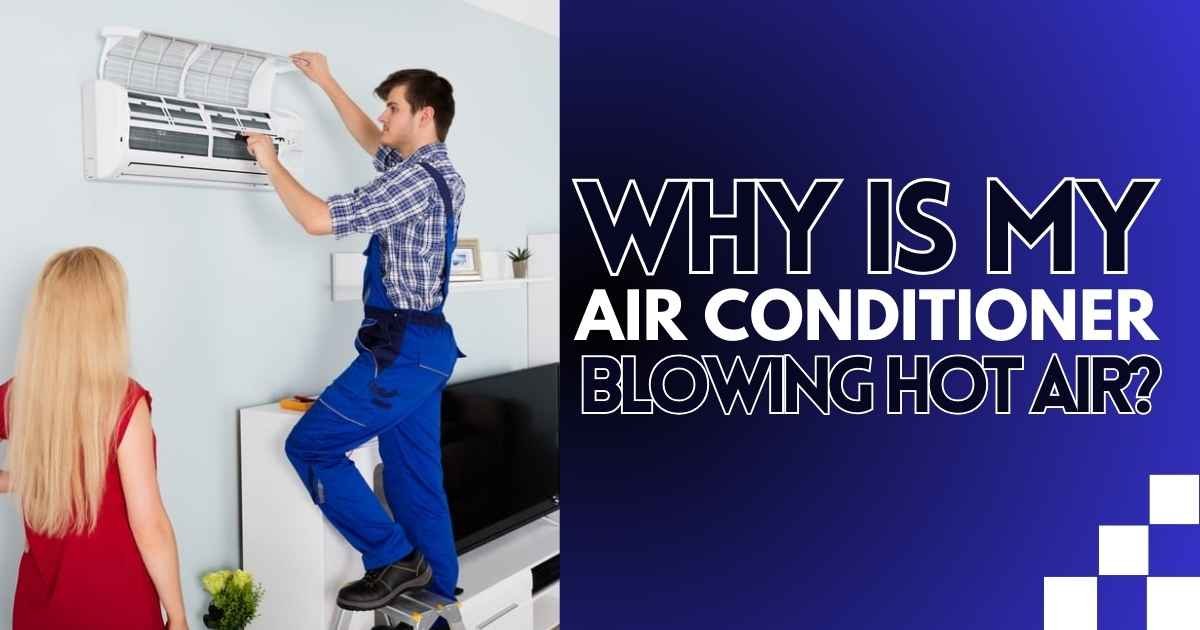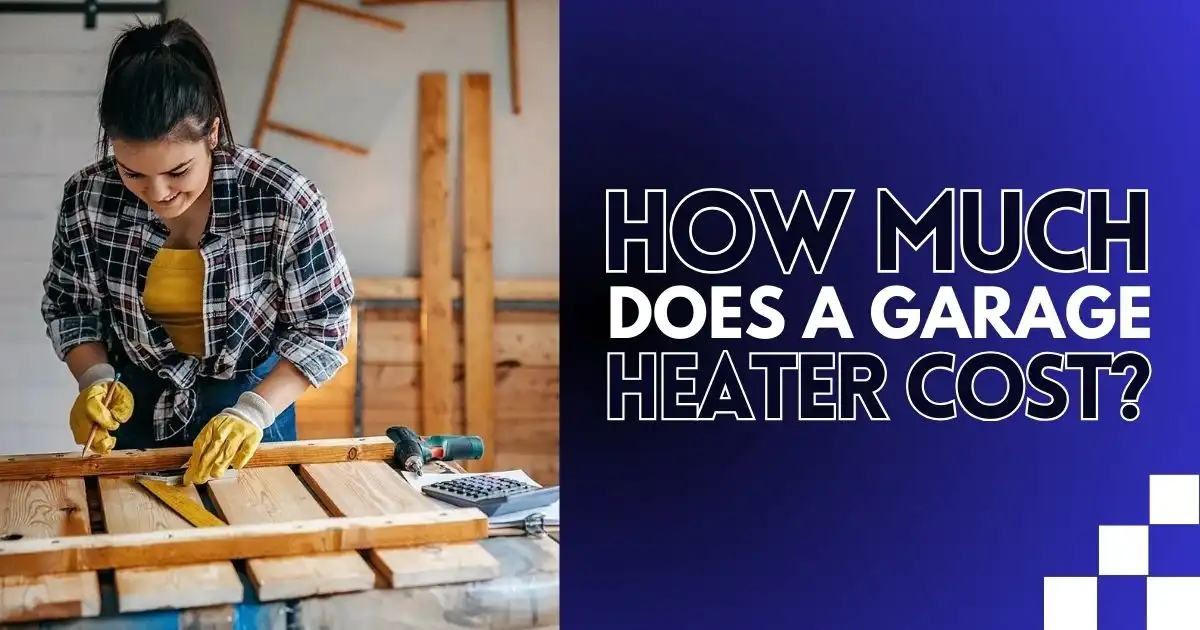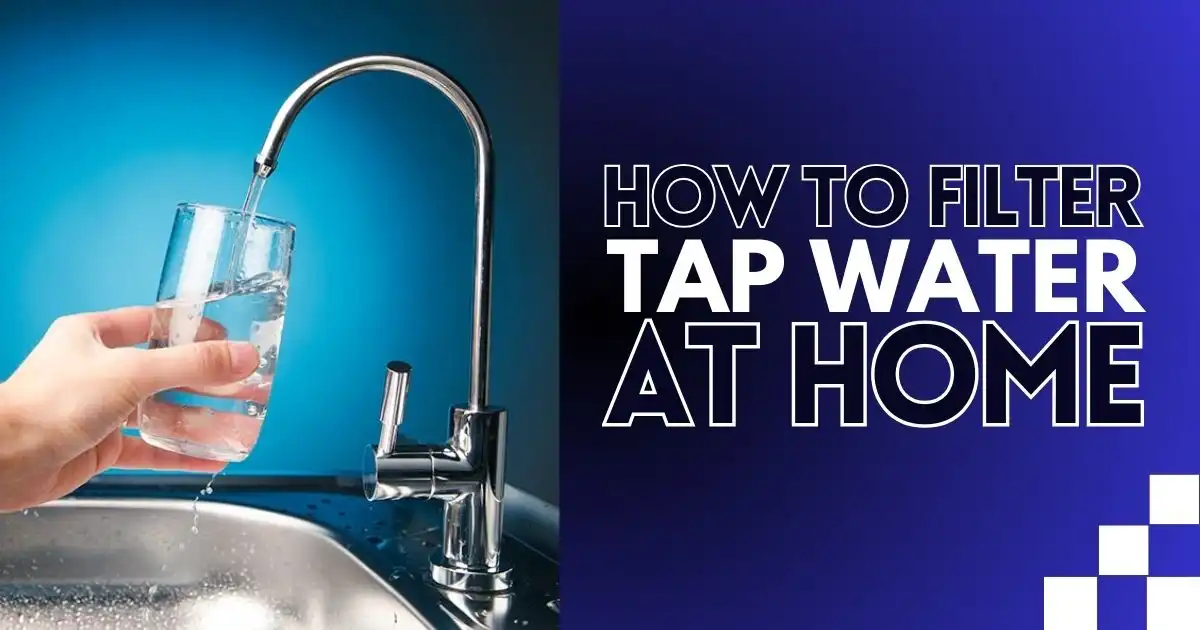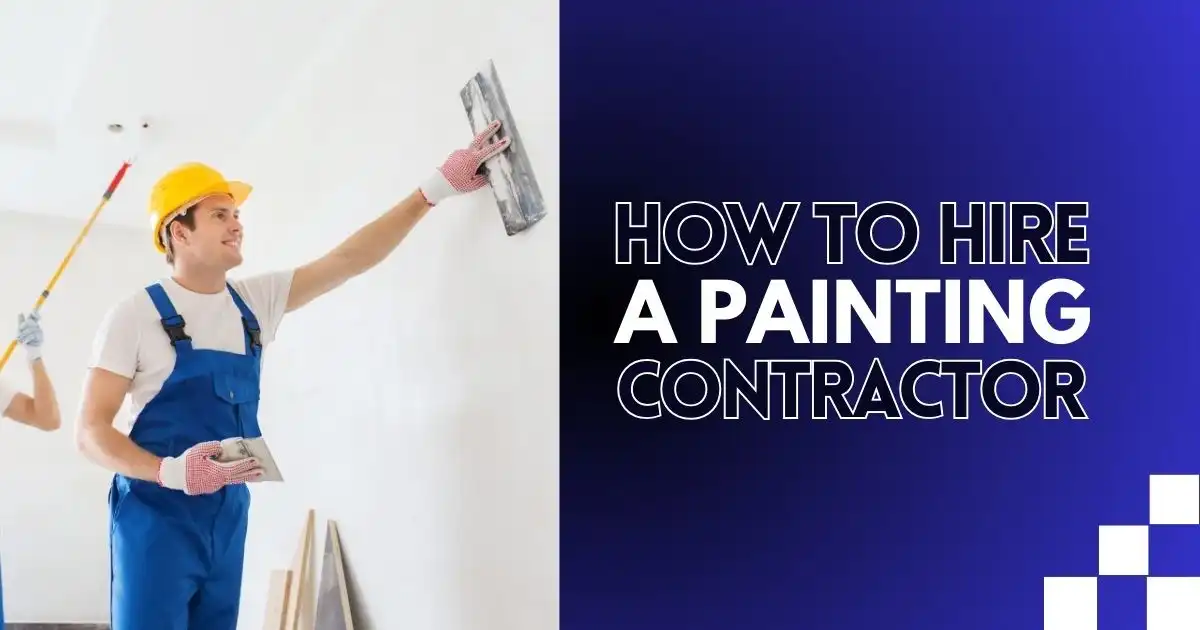As of November 2024, Las Vegas recorded a shocking 475 heat-related deaths–and 60% increase from the 296 deaths reported in 2023. In extreme heat, your body works overtime to stay cool, which can stress your heart. If your air conditioner starts blowing hot air, it’s not just uncomfortable—it could actually be putting your health at risk.
When your AC fails in the heat, your home can quickly become a furnace, making it harder to regulate your body temperature. This can worsen existing health conditions and cause dehydration, fatigue, and even heatstroke.
How Does an Air Conditioner Work?
An air conditioner functions by drawing warm air from the room and moving it over coils filled with coolant. As the air moves across the coils, the coolant absorbs the heat, cooling the air. A blower then pushes the chilled air back indoors, while the heated coolant is released outside.
However, if the AC is blowing hot air in the house, this process might be disrupted. The refrigerant circulates in a cycle, shifting from liquid to gas as it absorbs heat. When it reaches the compressor, it’s compressed back into liquid form, releasing the heat outdoors. This process keeps your home cool and comfortable, even on the hottest days.
10 Reasons Why Air Conditioner Keep Blowing Hot Air
Each year in the U.S., 3 million heating and air conditioning systems are replaced, with $14 billion spent on HVAC services or repairs.Thus, If your AC is blowing warm air instead of cool, it’s important to pinpoint the issue early to avoid more serious (and costly) repairs down the line.

1. Dirty Evaporator Coils
Evaporator coils are required for cooling your home as they absorb heat from the air. When dirty, they become less efficient, unable to remove heat effectively and lower the temperature. Regular cleaning ensures the coils work properly, helping to maintain a cool and comfortable environment in your home while preventing strain on your AC system.
To fix a dirty evaporator coil, first turn off your AC and clean the area around it. Use a soft brush or vacuum with a soft nozzle to remove dust and debris. Then, spray a no-rinse coil cleaner on the coils and let it sit. For deeper cleaning, it’s best to call a professional to avoid damage.
2. Frozen Evaporator Coils
In cooling the air from circulating refrigerants, the evaporator coil is important . It can freeze when airflow is blocked, often due to dirty filters, clogged drain lines, or closed vents. Low refrigerant or a leak can also cause freezing. Frozen coils can’t convert refrigerant, disrupting the cooling process, and leading to warm air instead of cool, making your AC inefficient.
It might be tempting to grab tools and remove the ice yourself, but doing so could damage the AC system. Instead, turn off the unit and call a professional to inspect it. If there’s a refrigerant leak, a technician will need to locate and repair it quickly to prevent further damage and ensure your AC works properly.
3. Your Outdoor Unit Lost Power
Air conditioners have two main components: the indoor unit that circulates air inside your home and the outdoor unit that cools the air. If your AC is blowing warm air, the issue may be with the outdoor unit losing power. Without power, the outdoor unit cannot cool the air, resulting in warm air being blown into your home.
This issue is often caused through a blown fuse or a tripped circuit breaker. Check the circuit breaker box; if the breaker is off, flip it back on to restore power to the outdoor unit. If the breaker isn’t tripped but the unit still lacks power, a blown fuse could be the cause. For safety and accurate diagnosis, contact an HVAC professional.

4. Dirty or Clogged Air Filters
A clogged air filter is a common cause of poor AC performance. It traps dust and debris, improving air quality but blocking airflow. Restricted airflow makes your AC work harder, cooling less capable and causing your home to feel warmer. Overworking your AC can lead to costly repairs or replacements. Regular filter maintenance keeps your system running efficiently.
Air filters should be changed monthly, though factors like pets, smokers, and home size affect how quickly they get dirty. Replacing the filter before it clogs ensures proper airflow and keeps your AC running incompetently. Regular changes reduce strain on the system, improving performance and extending its lifespan while maintaining better air quality in your home.
5. Incorrect Thermostat Settings
With a busy household, it’s easy to set the thermostat incorrectly. Before worrying about a broken AC, check the thermostat first. It controls your AC and ensures your home stays cool. A simple adjustment might be all that’s needed to fix the issue and restore comfort without unnecessary repairs or stress.
Check that your thermostat is set to cool mode, not heat. It’s easy to accidentally change settings—kids playing, a bump from a bag, or tapping a smart thermostat app. Also, remember to switch from heat to cool as seasons change. If the AC still isn’t cooling, ensure the fan is set to auto, not on, to prevent circulating warm air.
6. Refrigerant Leak
Your AC’s refrigerant helps absorb heat and humidity to keep your home cool. If your thermostat is set correctly and the coils are clean but the air isn’t cold, low refrigerant levels from a leak could be the cause. While not fatal, refrigerant leaks can lead to health issues like coughing, dizziness, headaches, and respiratory problems if not addressed.
If you suspect a refrigerant leak, turn off your AC and unplug it if possible. Repairs should be handled with a professional, even if you see a hole in a coil. An HVAC technician can find leaks using special tools, patch small cracks, or replace damaged coils. They can also diagnose other issues like clogged filters, cracked drain pans, or blocked drain lines.
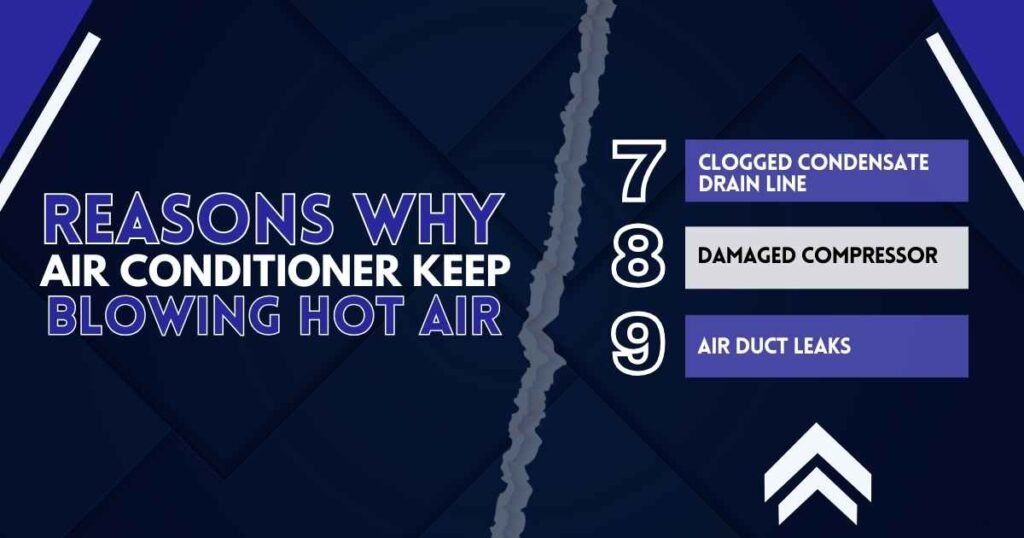
7. Clogged Condensate Drain Line
Your AC cools your home and removes humidity, draining water through the condensate line. A clog blocks water flow, leading to mold, mildew, or AC failure. Signs include warm air, water puddles, musty smells, condensation, or the unit not turning on. If your air conditioner hot air instead of cooling, a clogged drain line could be the cause.
To prevent clogs, AC drain lines should be cleaned every three months. The good news is you can do this yourself to help keep your AC running effectively. However, if the blockage is too stubborn or regular cleaning doesn’t fix the issue, it may signal a bigger problem. In that case, an HVAC professional can diagnose and resolve the underlying issue.
8. Damaged Compressor
The compressor is necessary for circulating refrigerant in your AC system. If all else checks out but the issue remains, a faulty compressor could be the culprit. When damaged, it fails to move refrigerant properly, stopping the cooling process. Without a working compressor, your AC won’t cool effectively, making it hard to maintain a comfortable home temperature.
Repairing a faulty compressor can be expensive and requires a licensed technician for proper diagnosis. AC compressors range from $800 to $2,800. If the compressor is old, replacing the entire unit might be more cost-effective. Since both air conditioners and compressors last up to 15 years, installing a new compressor in an old system could lead to further repairs later.
9. Air Duct Leaks
If your AC is blowing hot air, the issue could be with your air ducts. Ductwork is responsible for distributing cool air throughout your home. When there’s a significant leak, warm air can enter and mix with the cool air being circulated, causing the air to feel warmer. A leaky duct may be the reason your AC isn’t cooling properly.
To fix air duct leaks, start locating the leaks in the ducts, often looking for gaps or listening for air hissing. Once found, seal them with duct tape or a special sealant. In some cases, you may need to replace damaged sections of the ductwork. Regularly check your ducts for leaks to keep your AC running efficiently and avoid wasted energy.
10. Malfunctioning Condenser Fan
The condenser fan moves heat outdoors to prevent overheating in your AC. If it stops, it can cause system failure and expensive repairs. Causes include electrical problems, a broken motor, a faulty circuit board, obstructions blocking the blades, or warped blades from wear. Regular maintenance can help prevent these issues and keep your AC running efficiently.
Since the condenser fan can have multiple issues, it’s best to leave diagnosis and repair to a licensed HVAC technician. They will inspect the fan, blades, and other components to ensure everything is functioning correctly. During maintenance, your technician will also check the condenser fan to keep it in good condition and avoid potential problems with your AC system.
Blowing Hot Air? It Could Be Blowing Danger
With heat deaths rising, air conditioning isn’t a luxury—it’s a lifesaver. But as costs soar and systems fail, the most vulnerable suffer most. A broken AC blowing hot air can turn your home into an oven, making it impossible to stay cool. When the heat becomes deadly, a failing AC isn’t just an inconvenience—it’s a risk. If your AC fails during extreme heat, what’s your backup plan?
If your AC is still not cooling properly, don’t wait! Contact Vegas Plumbing Pros today for expert air conditioning repair services. Our team is ready to get your AC back up and running so you can enjoy a cool and comfortable home.
FAQs
What type of air conditioner blows hot air?
The fundamental principle behind all air conditioners remains consistent. This means the causes apply to every type of air conditioner, such as central AC, mini-split AC, car AC, window AC, and portable AC, all of which may experience the issue of blowing hot air. If you’ve noticed your house AC blowing hot air, the reasons behind this problem are common across all these systems.
Why is my AC not creating cool air?
Your AC system isn’t producing cool air directly. Instead, a fan draws warm indoor air through a filter and over the evaporator coil, which contains refrigerant. As the warm air passes over the coil, the refrigerant absorbs the heat, cooling the air. This cooled air is then blown back into the warmer areas of the home.
Can a clogged AC filter cause warm air?
Airflow is only restricted enough to cause warm air when filters are clogged. Dirty filters that just need cleaning don’t cause the AC to blow warm air. The issue arises from clogged filters. If you notice air conditioning blowing hot air, the solution is simple: replace the air filters to restore proper airflow and stop the warm air from blowing from the AC unit.
Why does my air conditioner feel warm?
Typically, the evaporator coil freezes, causing warm air. If your AC only blows hot air, low refrigerant may be the issue. ACs shouldn’t need recharging—low levels mean a leak. Fix leaks to keep your AC running smoothly.
